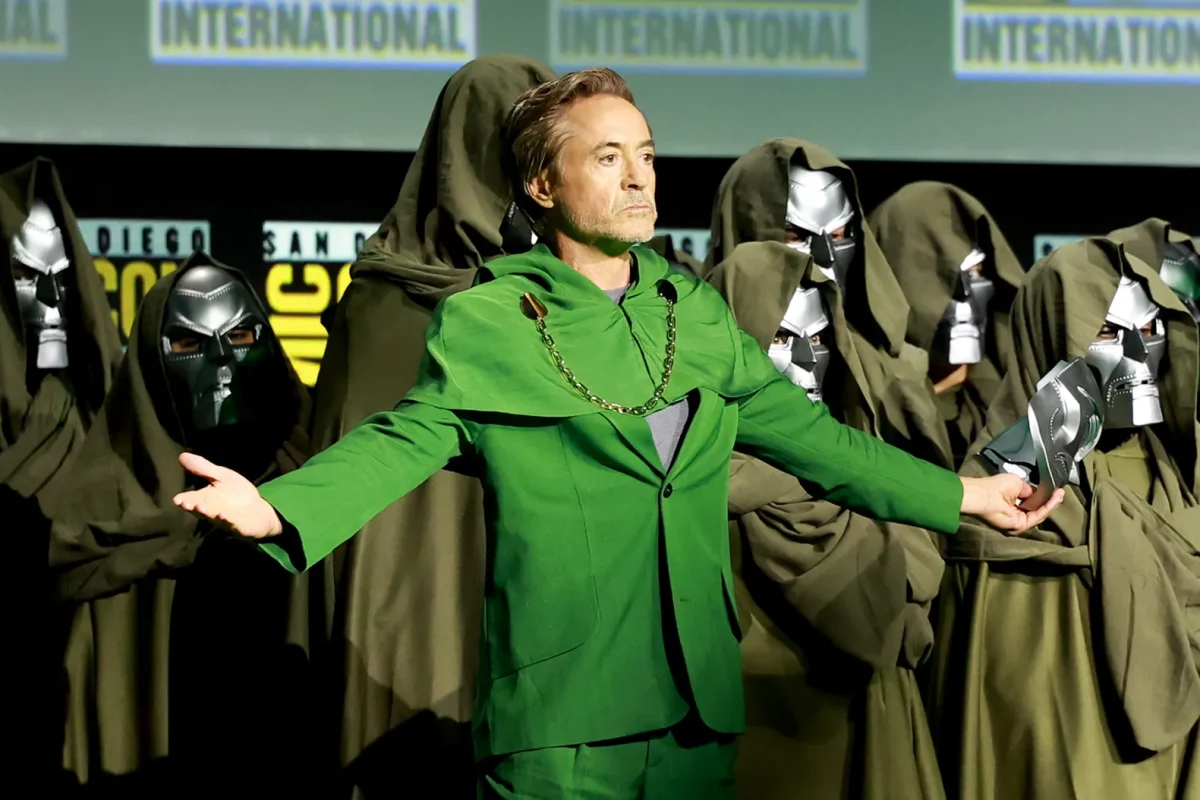From $6 beers to $10 sandwiches, San Francisco is not the cheapest city to live in — it is the most expensive, finally surpassing New York City. Whether residents are getting bombarded by aggressive panhandlers for spare change or harassed by the SFMTA for a $2 ticket, we can never get a break. That is not about to change.
If you haven’t heard, the San Francisco Board of Supervisors voted Feb. 28 to raise the Golden Gate Bridge toll from an already costly $6 to $7 beginning April 7. If you aren’t up in arms about that yet, they plan on issuing a 25-cent raise every year until the toll reaches $8 in 2018. This is completely unnecessary.
According to KQED, it now takes earnings from more than five minimum wage jobs to afford the rent in a two-bedroom apartment in neighborhoods like the Mission District and Potrero Hill; it takes more than seven minimum wage jobs to afford a similar unit in SoMa and the Financial District.
Living on a barista’s minimal pay, in a city where 13.2 percent of people live below the poverty line, raising any prices in the city seems outrageous and inhumane. San Franciscans suffer enough by only being able to afford a studio in-law lacking insulation, with walls so thin you might as well live with your neighbors.
Then everyone says that bringing a car to San Francisco is more frustration than what it’s worth. They’re right. Between the hundreds of dollars in bogus parking tickets, outrageous $10 two-hour city parking and toll payments that are no longer affordable with loose change, it costs a small fortune to maintain a 14-year-old Honda in the city.
According to the San Francisco Chronicle, Supervisor Scott Wiener said the cost of running the bridge and the transit system keeps increasing, therefore the toll rise is “not unreasonable.”
Let’s do some math. Seven dollars a day, five days a week, 52 weeks a year comes out to a whopping $1,820 a year. Once the toll increases, that number will reach more than $2,000. That is a little unreasonable Mr. Wiener.
The San Jose Mercury News speculated that the district members voted ‘yes’ because they believe it will finally help fund the highly anticipated suicide barrier, which has been deferred since 2005. Will it though? Is that the answer to everything? Raise the bridge toll by $1 and it will pay for a $45 million net system.
In a proposal that dates back to the ’50s, the multimillion-dollar suicide barrier is a net that would cover the underside of the Golden Gate Bridge to catch people who jump and prevent them from hitting the water. With the newest toll raise, the Board of Supervisors are using the human element of suicide to justify consistently hiking prices.
Just last year, the bridge switched to a completely electronic payment system, letting go of eight full-time and 29 part-time toll workers. The Bridge District will have accumulated $16 million during the next few years just by switching to an automated system, according to NBC News. That should be paying for the net, which apparently is more important now than it was 10 years ago.
The bridge toll rise is a shady justification for the city to further rob tourists and everyday commuters of their money, with the “good intention” that the revenue will go toward a good cause; when it will most likely go elsewhere as it always does.







sebra leaves • Mar 13, 2014 at 1:02 pm
Some very good points are raised here. The elimination of toll workers jobs will save money, but, the Golden Gate Bridge tolls are going to pay for the loses on the Golden Gate ferries and buses. The fare-boxes take in less than 50% of the costs of running those systems. No matter what the city does, it will always costs the taxpayers less to allow people to drive their cars because the city transportation systems as they are now manged, are incredibly expensive to run.
If you want to take a bullet train from London to Paris you will pay $200 each way per ticket. If tickets on the bullet train to LA cost that much, it will always be much cheaper to fly or drive. There is a train to LA now but few people take it because it is too expensive.
The only solution to fix the pubic transit system is to be realistic and honest about the costs of running it. Don’t support anyone who claims all they need is money to fix public transportation.